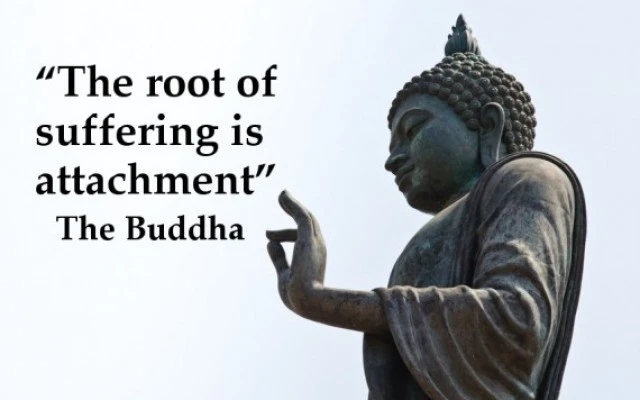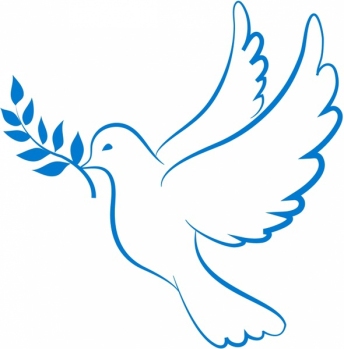
Definition of Suffering: the state of undergoing pain, distress, or hardship.
Synonyms of Suffering: adversity, anguish, difficulty, hurt, ordeal, torment, misery, etc
These notes are from recovery in AA and/or related 12 step programs. Readers are encouraged to click external links for more detail. We hope you find them helpful.
Love in fellowship.

The Four Noble Truths contain the essence of the Buddha’s teachings.
1.The truth of suffering (Dukkha)
2.The truth of the origin of suffering (Samudaya)
3.The truth of the cessation of suffering (Nirodha)
4.The truth of the path to the cessation of suffering (Magga)
The Buddha is often compared to a physician. In the first two Noble Truths he diagnosed the problem (suffering) and identified its cause. The third Noble Truth is the realisation that there is a cure. The fourth Noble Truth, in which the Buddha set out the Eightfold Path, is the prescription, the way to achieve a release from suffering.
The three ultimate causes of suffering:
Greed and desire, represented in art by a rooster
Ignorance or delusion, represented by a pig.
Hatred and destructive urges, represented by a snake

Cessation of suffering (Nirodha)/Nirvana The Buddha taught that the way to extinguish desire, which causes suffering, is to liberate oneself from attachment. This is the third Noble Truth – the possibility of liberation.
The final/fourth Noble Truth is the Buddha’s prescription for the end of suffering. This is a set of principles called the Eightfold Path. The Eightfold Path is also called the Middle Way
The 12 Step program talks of Right Thinking/Positive Thinking
The way that people think impacts the way they will experience the world.

1.Right Understanding;
Buddha never intended his followers to believe his teachings blindly, but to practise them and judge for themselves whether they were true.
2.Right Intention
A commitment to cultivate the right attitudes.
3.Right Speech
Speaking truthfully, avoiding slander, gossip and abusive speech.
4.Right Action
Behaving peacefully and harmoniously; refraining from stealing, killing and overindulgence in sensual pleasure.
5.Right Livelihood
Avoiding making a living in ways that cause harm, such as exploiting people or killing animals, or trading in intoxicants or weapons.
6.Right Effort
Cultivating positive states of mind; freeing oneself from evil and unwholesome states and preventing them arising in future.
7.Right Mindfulness
Developing awareness of the body, sensations, feelings and states of mind.
8.Right Concentration
Developing the mental focus necessary for this awareness.
The eight stages can be grouped into Wisdom (right understanding and intention), Ethical Conduct (right speech, action and livelihood) and Meditation (right effort, mindfulness and concentration). The Buddha described the Eightfold Path as a means to enlightenment, like a raft for crossing a river. Once one has reached the opposite shore, one no longer needs the raft and can leave it behind. –BBC | More…

The desire to stop suffering is not the same thing as the desire to stop the behavior we are doing which causes us to suffer. One of the first things I learned was that I could wish and hope and pray, but until I put feet to my prayers and actually started working the Steps, I wouldn’t recover from my disease. God will only do for us what He can do through us. –One Day At A Time | More…
I know that I have grown through my sufferings. I know that I am able to understand and forgive other people because I have been there, too.
I know that I am patient and considerate because of my sufferings. My anguish keeps me “earthed”.
It stops me from playing God; it teaches me the reality of life that life hurts! It is wonderful, joyous, loving and eventful, but it also hurts.
For many years I hid my sufferings and pretended they were not there; the result was loneliness and hypocrisy. –Father Leo | More…


